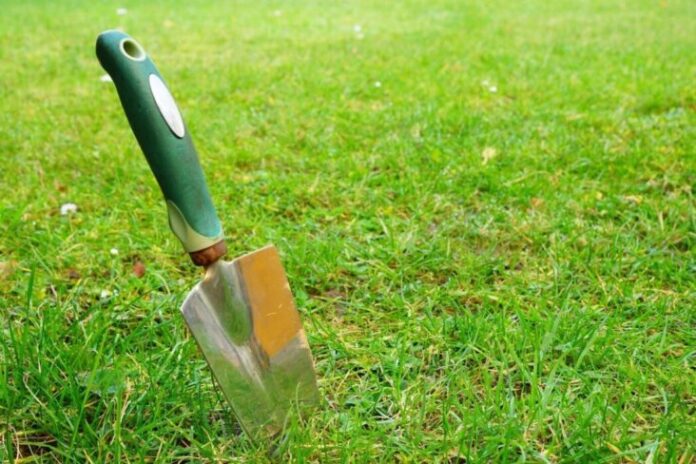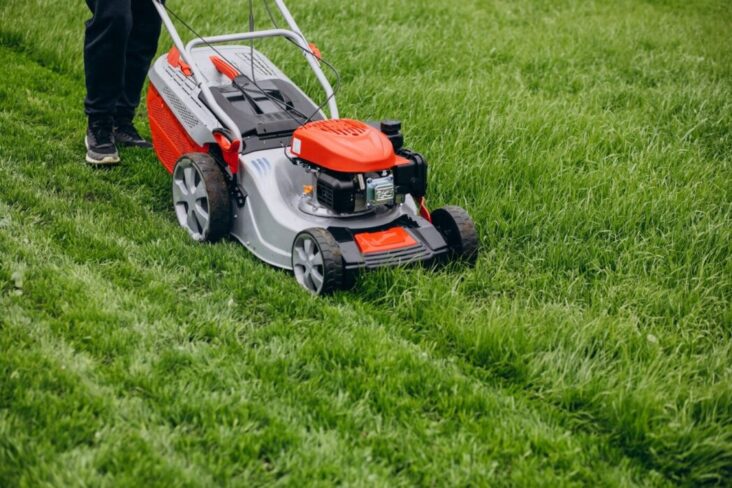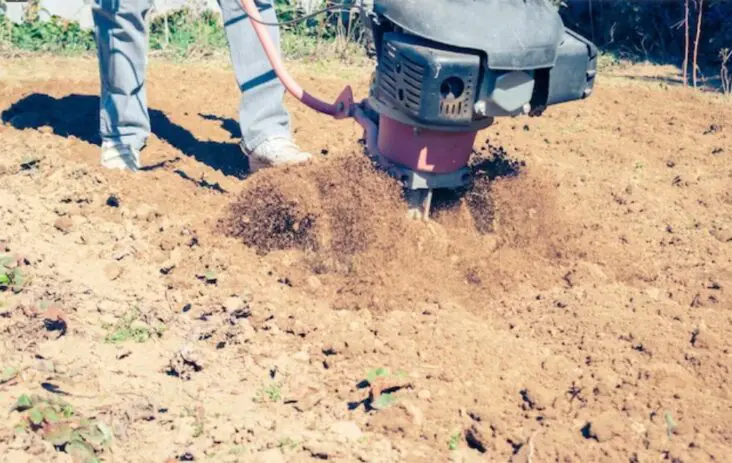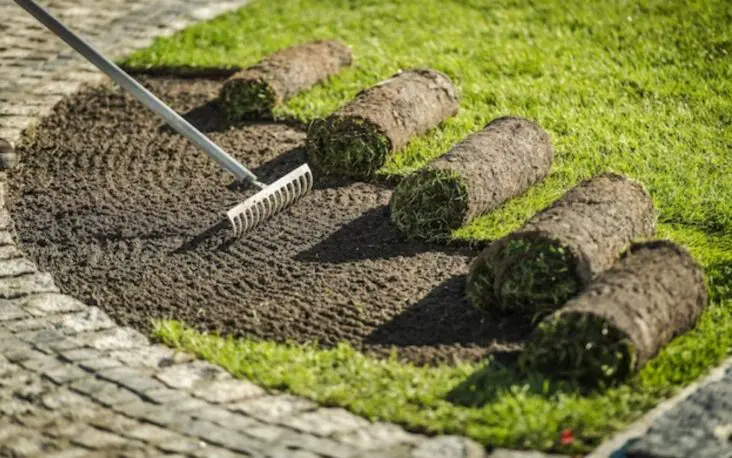
Lawn care is more than just a routine; it’s an art that involves patience, precision, and an understanding of the environment. For homeowners in Calgary, the challenge is even more pronounced due to the city’s unique climate. With extreme weather conditions ranging from harsh winters to dry summers, maintaining a lush, healthy grass requires a blend of dedication and expertise.
Seasonal Lawn Care Calendar
In this post, we delve into comprehensive lawn care strategies tailored for Calgary’s weather, ensuring that your grassland remains a vibrant emblem of your home’s appeal throughout the year.
Spring
Spring is the wake-up call for your lawn. As the snow melts, start by raking to remove thatch and debris. This period is crucial for aeration, allowing your lawn to breathe and absorb nutrients efficiently. April is ideal for fertilizing; choose a slow-release formula to nourish your grassland gradually. This is the right movement to find professional Calgary lawn care and start the process the right way.
Summer

The key to summer lawn care in Calgary is consistency. Mow your field to about 2.5-3 inches, and do not cut more than a third of the grass height at a time to avoid stress. Watering should be deep and infrequent, promoting strong root growth. Early morning is the best time to water, reducing evaporation and fungal diseases.
Fall
Fall is the time to fortify your lawn for the upcoming winter. Continue mowing and watering as needed. Aerate if you didn’t in the spring, and apply a fall fertilizer rich in potassium to enhance cold tolerance and disease resistance. It’s also the perfect time for overseeding, ensuring a thick, healthy grassland for the next year.
Winter
Winter lawn care is mostly about maintenance. Keep the lawn clear of debris and heavy objects to prevent dead spots. Avoid walking on the frozen grass to reduce damage. Before the first snowfall, mow your grassland a bit shorter to prevent fungal diseases and rodent damage.
Soil Preparation and Fertilization

Understanding your soil is paramount. Conduct a soil test to determine its pH and nutrient composition. Calgary’s soil often lacks nitrogen, making regular fertilization vital. Opt for a fertilizer that suits your soil’s needs. Organic options like compost enrich the soil, while synthetic fertilizers offer specific nutrient balances. Fertilize in spring and fall, avoiding high-nitrogen formulas in late fall to prevent winter damage.
Lawn Mowing and Watering Techniques
Mowing height and frequency are crucial. Taller grass promotes deeper roots and shades the soil, reducing weed sprouts. Watering should be based on your lawn’s needs, generally about an inch per week, including rainfall. Overwatering leads to shallow roots and increases disease susceptibility, while underwatering stresses the grass.
Weed and Pest Control
Weed and pest management is a balancing act. Identify common weeds and pests in Calgary, like dandelions or white grubs. Use eco-friendly options like corn gluten meal for weed prevention and nematodes for grub control. Chemical options are available but use them as a last resort and follow the instructions precisely.
Lawn Renovation and Repair

Address lawn issues promptly. For compacted soil, aeration is key. Overseeding helps in rejuvenating thin or bare areas. Topdressing with compost can improve soil quality and grass health. Undertake major renovation projects like these in the early fall for best results, giving your field time to establish before the winter.
Winter Lawn Care
Winter lawn care is about protection. Remove snow carefully, avoiding chemicals that may damage the grass. Winterize your lawn equipment, storing it properly after the last mow. This preparation ensures a smoother transition into spring, preventing damage and promoting a quicker recovery for your grassland.








